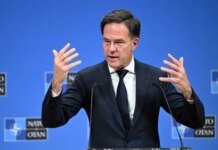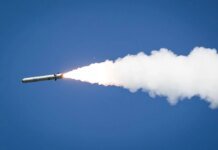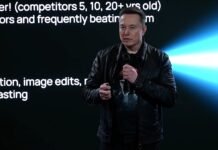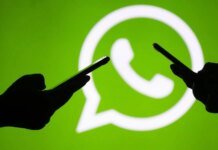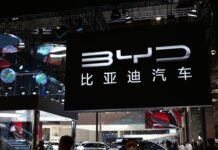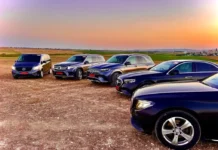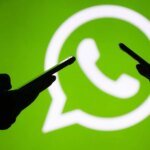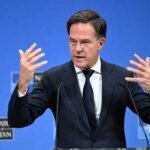CFOTO/Future Publishing via Getty Images
- Chinese social media users are split on Tesla's new "affordable" offerings.
- The "Model Y Standard" and "Model 3 Standard" are about 10% cheaper than their premium versions.
- "I have no idea who Tesla is trying to sell to," one user wrote on Weibo, a Twitter-like platform.
Chinese social media users on Weibo, a Twitter-like platform, have mixed views on Tesla's new budget-friendly models.
On Tuesday, Tesla announced affordable versions of the Model Y and Model 3. Unlike the premium versions, the standard models won't ship with key features like leather seats, a radio, a rear screen for passengers, and the "Autosteer" feature of Tesla's Autopilot software.
The "Model Y Standard" and the "Model 3 Standard" cost $39,990 and $36,990, respectively. Both cars are about $5,000, or around 10% cheaper than their premium versions, and will be available starting next month.
Some Chinese social media users, however, said they weren't enticed by Tesla's new offerings.
"The beggar's version of Tesla's Model Y costs 230,000 yuan. Will you buy it?" one user wrote on Tuesday in a post on Weibo, China's version of X. The post drew nearly 300 likes and comments.
Other Weibo users said the prices of Tesla's budget models aren't as competitive as the EVs made by Chinese automakers.
"I'm definitely not buying them. For the same price, there are far more options I can get from local automakers," read one comment.
"For an extra 10,000 RMB, I can get the Li i6. Wouldn't that be a better deal?" one user wrote, referencing an electric SUV made by Li Auto, a Chinese automaker.
Some users, on the other hand, said the budget models may sell well.
"A lot of people will say they aren't interested, but Tesla could end up selling loads of them," one user commented.
"I really want to get one, but I can't afford it," read one comment.
Tesla did not respond to a request for comment from Business Insider.
Some 100 automakers, including Tesla, have been locked in a brutal price war over China's EV market. Last year, Tesla said it was slashing the prices of its Model 3, S, X, and Y by 14,000 yuan, or about $1,930.
Tesla's biggest rival in China, BYD, has been aggressively cutting its prices, though such tactics have hurt its bottom line. The company said in its August earnings report that its "short-term profitability" had been weighed down by "excessive marketing" and discounting.
Several Chinese social media users also questioned the business logic behind Tesla's budget models.
"You can only save about 30,000 yuan if you buy the Model Y Standard. I have no idea who Tesla is trying to sell to," one user wrote in a post on Weibo.
Another user said in a separate post that while Tesla was probably hoping to boost profits with the new vehicles, the 10% price drop is unlikely to help.
"This is a huge market. But instead of developing new designs and vehicles, they are looking into cost cutting. The Tesla of today is not the Tesla we once knew," read the post.
"Tesla should just move their R&D teams over to China. China is a more conducive environment for developing EVs, and we are a lot more efficient than the US," the post continued.
Tesla CEO Elon Musk told investors during an earnings call in July that the "biggest obstacle" to EV ownership was the cars' hefty price tag.
"The desire to buy the car is very high, it's just people don't have enough money in their bank account to buy it," Musk said. "Literally, that is the issue. Not a lack of desire, but a lack of ability. So, the more affordable we can make the car, the better."
Tesla's sales in China have been flagging. The EV giant sold 129,000 vehicles in China in the second quarter of 2025, down nearly 12% from the same period last year, per data from the China Passenger Car Association.
Tesla shares fell by 4.4% on Tuesday, closing at $433.09. The company's shares are up over 7% year to date.
Read the original article on Business Insider


